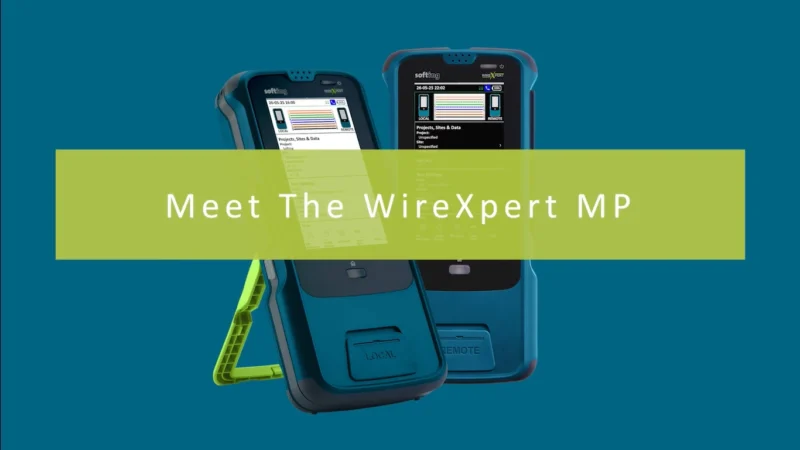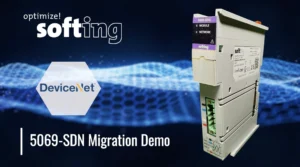New Trends in IoT with CEO Kittur Nagesh
Internet of Things (IoT) has been the hottest technology market in recent years. In simple terms, IoT is the network of physical devices, vehicles, home appliances and other devices with internet connectivity. Sensors, including Bluetooth, enable the devices to collect and exchange data.
Some examples of IoT are smart thermostats, remote controlled houselights and even new household assistant Alexa, enabled through IoT technology. As the industry skyrockets, companies are scrambling to find ways to incorporate IoT in their own products.
Cognito Networks is a company exemplifying the use of IoT to help other businesses operate more efficiently. According to their website, their cloud-based IoT solution enables enterprises to rapidly stimulate, validate and deploy innovative applications that streamline operations and save 20-35% of energy and operational costs. Market Scale had the chance to speak with Founder and CEO Kittur Nagesh about his experience in IoT and what he sees upcoming in the industry of the Internet of Things.
Mr. Nagesh has expansive experience in the technology industry. From his early days at technology giant Cisco, he was involved in automating workflows, streamlining operations and minimalizing errors, responsibilities which IoT efficiently facilitates. Beyond his day-to-day tasks, Mr. Nagesh used IoT to help drive up subscription revenue, proving these solutions far more versatile than originally expected.
With so many major tech companies investing in IoT, advancements have been growing at an almost insurmountable pace. Mr. Nagesh sees several trends emerging from recent growth, specifically geared towards the “need for multi-vendor interoperability, workflow and policy automation, and integration with machine learning and analytics, all grounded in use cases that will save operational costs and drive revenue for customers. “
Multi-vendor interoperability is a common need of companies across the data and technology spectrum. Verizon called multi-vendor interoperability “key” to the success of their 5G cellular service rollout. “Interoperability, a key milestone towards 5G commercialization, allows for highly flexible network design to meet emerging 5G use cases,” Verizon VP of Network Planning Adam Koeppe said, emphasizing the nationwide significance these systems are having for consumers and corporations alike.
Cognito Networks is currently using IoT Application framework, policy automation and, patent-pending, industry leading abstraction to effortlessly scale IoT deployments. The Internet of Things has taken the world by storm, enabling innovators working for companies like Cognito to transform the way they run their businesses.
According to Mr. Nagesh, after addressing the problem of interoperability, the next step in advancing IoT technology is transitioning from traditional non-IP based solutions to local IP solutions. If implemented properly, any company will be able to accelerate advancements and enable far more applications and services to be created.








